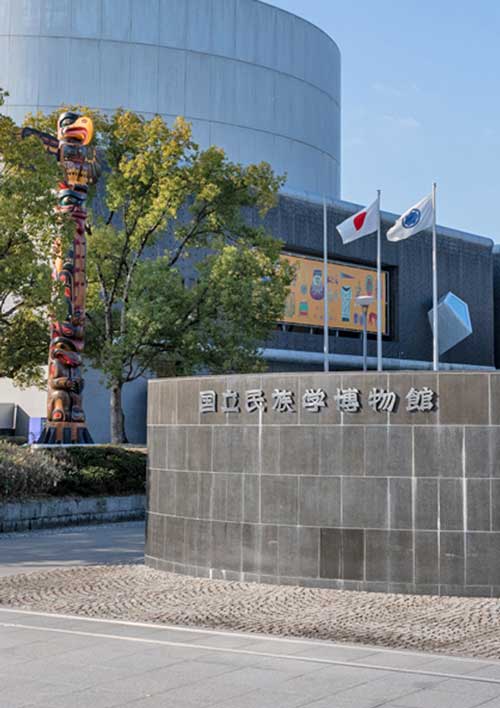Second Online Meeting of the Special Research Project, Performing Arts and Conviviality

| Time/Date: | 11am-1pm, Monday, June 7 (Japan time, GMT+9) |
|---|---|
| Language: | English |
| Capacity: | 50 people |
| Registration: |
Registration Form The deadline is Friday, June 4. |
| Contact: | fken●minpaku.ac.jp (please replace●with @) |
This online meeting is held by Minpaku (National Museum of Ethnology) Special Research Project ‘Performing arts and conviviality’
Program
| How to conduct a music workshop for diversity and inclusion | Nakamura Mia (Kyushu University) |
| Conviviality in peacebuilding: the C&S Music School music video “Far Away” | Olivier Urbain (Min-on Research Center) |
Abstracts
How to Conduct a Music Workshop for Diversity and Inclusion
Nakamura Mia
Music workshops, not for musical skills training but improvisational interaction and cocreation, are becoming popular in Japan. In particular, music workshops with elderly people (often with dementia) and disabled people attract considerable interest lately. Those workshops reportedly give positive effects to the participants. However, it may be too naïve to assume that music workshops always empower them. Music sociology warns that music is not a magic pill but only gives “affordance” as a vessel for “the collaborative dimension of how music’s effectiveness is achieved” (DeNora 2000, 96).
How then do participants gain empowerment in a music workshop? If music tends to promote unity but excludes individual differences (Stige 2002), how can a workshop leader foster both diversity and inclusion in a music workshop and achieve “conviviality” (Illich 1973)?
Tokyo Cultural Center (Tokyo Bunka Kaikan) has been holding a series of training sessions for workshop leaders since 2013. In the fiscal year of 2019, the Center offered training sessions specifically for a music workshop that leads to social inclusion, inviting three expert artists who work in the field for more than two decades. In order to shed a light on conviviality, this paper attempts to articulate essential strategies to conduct a music workshop for diversity and inclusion, based on the author’s fieldwork and intensive interviews with the artists, participants, and organizers.
Conviviality in Peacebuilding: the C&S Music School Music Video “Far Away”
Olivier Urbain
What happens when conviviality is absent or scarce? In Japan, many high school students refuse to go to school (futoukou). Most of their difficulties come from the absence of conviviality: bullying, harassment, mistrust of adults (painful relationships with parents/teachers), or depressive and suicidal tendencies, and withdrawal from the outside world (hikikomori).
A pilot research project in collaboration with the C&S Music School in Fukuoka (a high school addressing school refusal) shows that common factors affecting most of the students is a severely damaged self-esteem and diminished social skills. Considering self-esteem as “conviviality with self,” and social skills as “conviviality with others,” I wanted to find out how C&S allows students to have a chance to repair, regain, and strengthen their self-esteem and social skills through the conviviality they experience in pop and rock musicking activities.
The outcome is a music video entitled Far Away, and a documentary, Don’t Stop the Music, produced in the context of a collaboration with the NGO Beyond Skin and Glengormley High School in Northern Ireland, while overcoming countless obstacles due to the pandemic throughout 2020.
In this presentation, I will use the framework introduced in the Journal of Peace Education (Urbain, 2016) to evaluate the content of the music video and the documentary, in order to explore the links between musicking and conviviality in depth.
*The five minutes music video Far Away is here,
and the 28 min. documentary Don’t Stop the Music is here,
I look forward to meeting you all on June 7, and hope you will enjoy watching these two videos ahead of our discussions.
